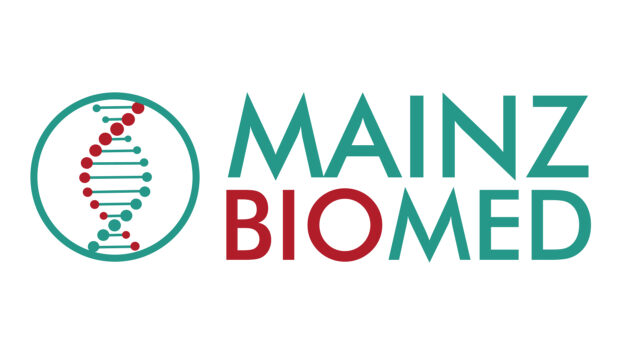On the basis of its positive clinical studies Mainz Biomed has now defined the final configuration including its novel mRNA biomarkers of the Next Generation Test to be used in pivotal registration study ReconAAsense.
A recent clinical analysis of this new configuration demonstrates sensitivity for colorectal cancer of 97% and 88% for advanced adenomas, with specificity of 93%
Mainz Biomed N.V., a molecular genetics diagnostic company specializing in the early detection of cancer, announced that it has submitted its application to the U.S. Food and Drug Administration (FDA) requesting Breakthrough Device Designation for its non-invasive Next Generation colorectal cancer (CRC) product including the Company’s novel portfolio of mRNA biomarkers. Subject to the FDA’s review, a Breakthrough Device Designation could significantly accelerate approval.
The regulatory submission follows consistently excellent read-outs of its clinical studies ColoFuture and eAArly Detect, as well as data from a pooled study including both the European and the US arm that were presented at ASCO 2024. On the basis of these studies Mainz Biomed has now defined the final configuration of its Next Generation Test integrating the Fecal Immunochemical Test (FIT) with proprietary mRNA biomarkers, complemented by an advanced AI and machine learning algorithm that the Company plans to use in its Next Generation product, and the FDA premarket approval study.
The configuration of the Next Generation Test was tested in a clinical setting. The analysis involved 295 clinical subjects from 21 specialized gastroenterology centers across the United States and highlighted the remarkable efficacy of Mainz Biomed‘s multimodal screening test. This combination enables precise differentiation among colorectal cancer (CRC), advanced adenomas (AA), non-advanced adenomas, and samples with no pathological findings.
Key Findings
- Sensitivity for Colorectal Cancer: 97% (95% confidence interval: 83.3-99.9)
- Sensitivity for Advanced Precancerous Lesions: 88% (95% confidence interval: 77.2-94.5)
- Specificity: 93% (95% confidence interval: 88.4-98.3)
Guido Baechler, Chief Executive Officer at Mainz Biomed, commented, “On the back of our extremely positive clinical results in all our recent studies, finalizing the test which will be used in the pivotal ReconAAsense study and approval process has been an elementary milestone for our Company. Our Next Generation Test has shown a significant improvement in sensitivity for advanced adenomas and high-grade dysplasias, combined with high sensitivity and specificity for CRC. Moreover, we believe that our unique decentralized model of working with third party laboratory partners provides better access to underserved communities and our simple collection process will increase the adherence to testing. These benefits support our mission to transform colorectal cancer screening practices and reduce global cancer mortality rates.”

The FDA’s Breakthrough Devices Designation is a program for certain medical devices and device-led combination products that provide for more effective treatment or diagnosis of life-threatening or irreversibly debilitating diseases or conditions. It is intended to allow patients and health care providers timely access to medical devices by speeding up development, assessment, and review for premarket approval, 510(k) clearance, and De Novo marketing authorizations. Breakthrough Devices must meet the FDA’s rigorous standards for device safety and effectiveness in order to be authorized for marketing.
Colorectal cancer (CRC) is the third most common cancer globally, with more than 1.9 million new cases reported in 2020, according to World Cancer Research Fund International. The US Preventive Services Task Force recommends that screening with stool DNA tests such as ColoAlert® should be conducted once every three years starting at age 45. Each year in the US, 16.6 million colonoscopies are performed. However, roughly one-third of US residents aged 50-75 have never been screened for colon cancer. This gap in screening represents a $4.0B+ total market opportunity in the US.
Mainz Biomed develops market-ready molecular genetic diagnostic solutions for life-threatening conditions. The Company’s flagship product is ColoAlert, an accurate, non-invasive and easy-to-use, early-detection diagnostic test for colorectal cancer based on real-time Polymerase Chain Reaction-based (PCR) multiplex detection of molecular-genetic biomarkers in stool samples. ColoAlert is currently marketed across Europe. The Company is planning to run a pivotal FDA clinical study for US regulatory approval. Mainz Biomed’s product candidate portfolio also includes PancAlert, an early-stage pancreatic cancer screening test.
See Top 100 Xfluencers in Colorectal Cancer: Key Opinion Leaders to follow on X in 2024 by Oncodaily.
